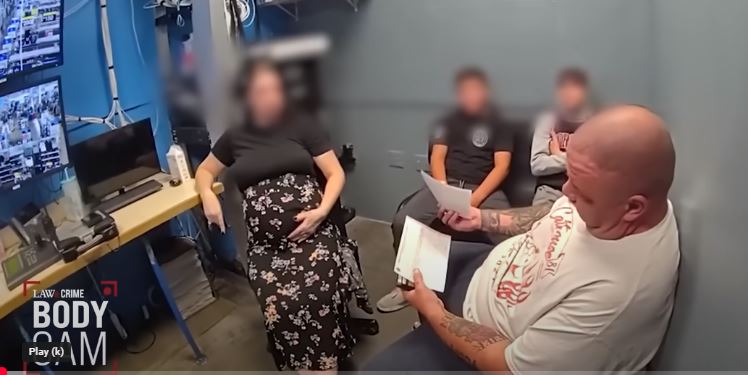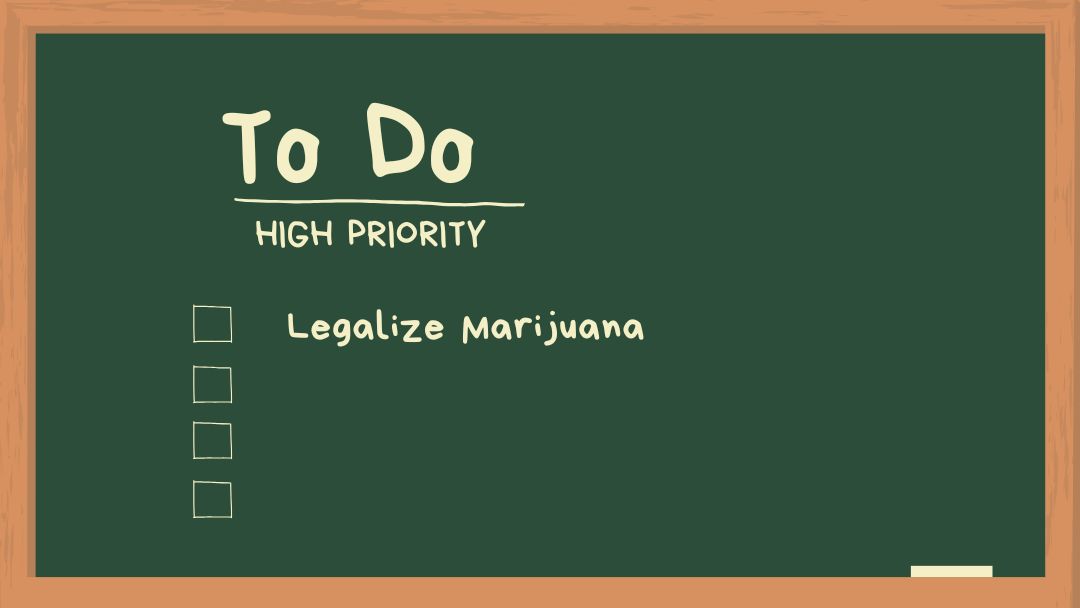You go girl!!!
A public high school was found to have violated the First Amendment when it suspended a student from her cheerleading team for using profane speech off campus.
Mahanoy Area Sch Dist v BL, No 20-255, ___ US ___ (June 23, 2021).
The U.S. Supreme Court has determined that Pennsylvania high school officials did not possess the jurisdiction to reprimand a student for her off-campus, profane Snapchat post, which was made out of frustration after not being selected for the varsity cheerleading squad.
The court ruled 8-1 that the social media post did not cause a substantial disruption under Tinker v. Des Moines Independent Community School District.
A female student at Mahanoy Area High School in Pennsylvania, who did not make the school’s varsity cheerleading team but was instead placed on the junior varsity team, expressed her frustration by posting two images on Snapchat while at a local store during the weekend.
One image included explicit language and gestures alongside general comments about cheerleading and school, although it did not specify the school by name.
The second image only contained the following text: “Love how me and [another student] get told we need a year of jv before we make varsity but tha[t] doesn’t matter to anyone else?”
The cheerleading coach and school administrators were made aware of B.L.’s posts and subsequently decided to suspend her from the team for a duration of one year.
Through her parents, Levy sued in federal court, asserting that the disciplinary action violated her First Amendment right to free speech. Additionally, they contended that it was the responsibility of her parents, not school officials, to administer discipline.
A federal district court and the U.S. Court of Appeals for the 3rd Circuit both ruled in favor of Levy, stating that the Tinker substantial disruption standard does not apply to off-campus, online student speech.
Alternatively, the 3rd Circuit also determined that, even if Tinker was deemed applicable, the post did not reach the threshold of causing substantial disruption.
The school district wasted tax dollars and appealed the Supreme Court decision.
Justice Stephen Breyer Reasoning that a school’s regulatory interests are diminished when a student partakes in off-campus social media speech, it was identified that three distinct features of social media speech govern such an approach.
- With regard to off-campus speech by students, school officials rarely stand in loco parentis. “Geographically speaking, off-campus speech will normally fall within the zone of parental, rather than school-related, responsibility.”
- Courts should be skeptical of school officials’ regulatory interest in policing student social media speech, given that such speech could take place anytime during a 24-hour day.
- Schools have an interest in protecting even unpopular student speech, because “America’s public schools are the nurseries of democracy.”
He emphasized the importance of officials maintaining regulatory oversight over social media speech involving cyberbullying, harassment, threats, or breaches of school security devices.
Justice Alito’s concurring opinion advises public schools to exercise thoughtful caution when seeking to regulate off-campus speech.
Related Articles
Drones – What Drones?
Jersey cops launched into the night sky with catapults to throw dreamcatchers at the unknown drones to entangle their props and bring em down! Just kidding - I think.Darrr.. What drones? Those drones pose no threat there are no drones. That's just a balloon,...
Cash For Kids Judge Pardoned (The Kickback Club)
Biden’s commutation for Judge in ‘kids for cash’ scandal should anger the entire universe.Biden’s commutation in ‘kids for cash’ scandal. BY MICHAEL RUBINKAMUpdated 5:32 PM EST, December 13, 2024A judge implicated in one of the most notorious judicial scandals in U.S....
Trump plans – How does Cannabis Business fit in?
You work hard. Now get ready to work harder to prepare to give more.President Biden's administration has proposed the reclassification of marijuana from a Schedule I controlled substance to a Schedule III drug, which recognizes its medical benefits. This significant...
When Can Police Take Your Dash Cam?
You work hard. Now get ready to work harder to prepare to give more.In Michigan, police can take your dashcam footage in specific situations, primarily when they believe it could serve as evidence in a criminal investigation. Michigan law permits officers to seize...
More Posts

When Can Police Take Your Dash Cam?
You work hard. Now get ready to work harder to prepare to give more.In Michigan, police can take your dashcam footage in specific situations, primarily when they...

People who are going to need a Lawyer – November 12, 2024
People who are going to need a LawyerMan so drunk field sobriety tests were ‘too dangerous’ sentenced to life in prison for repeated DWI convictions‘Several terabytes’:...

Cambridge Analytica data breach comes before court
Oral arguments in Facebook v. Amalgamated Bank will beginThe justices are set to review securities law as they hear arguments in a significant case linked to the 2015...

Search and Seizure – Consent or Plain view
The Fourth Amendment was established to protect individuals from unreasonable searches and seizures, yet there are exceptions.In Michigan, understanding the concepts of...

A drunk driving investigation, a car wreck and a blood draw
A Case Summary: People v. Blake Anthony-William BartonOn October 11, 2024, the Michigan Court of Appeals issued a decision in the case People of the State of Michigan...

Police say they can tell if you are too high to drive
Police say they can tell if you are too high to drive. Critics call it ‘utter nonsense’Haley Butler-Moore sped up to pass a semi on the highway when she suddenly saw...

Cannabis – The Rise and Fall and Trail of Survivors Pile Up
Thieves make off with 1,000 pounds of premium flower in cannabis from a corporate grower in Michigan. Then, the GM sells off 650+ pounds to pay employees.The recent...

If you have an LLC you must comply or face fines and possible prison
You work hard. Now get ready to work harder to prepare to give more.If you own or are a member of an LLC.You have a deadline of January 1, 2025Call us we can take care...

Compounding Charges Laws in Michigan
Understanding Compounding Charges Laws in Michigan Compounding charges refer to the illegal act of accepting or agreeing to accept a benefit in exchange for not...

Harris unveils new proposals targeting black men with cannabis legalization
"Harris unveils new proposals targeting Black men as she looks to shore up Democratic coalition" CNNAmid the ongoing national issues, Vice President Kamala Harris...
















